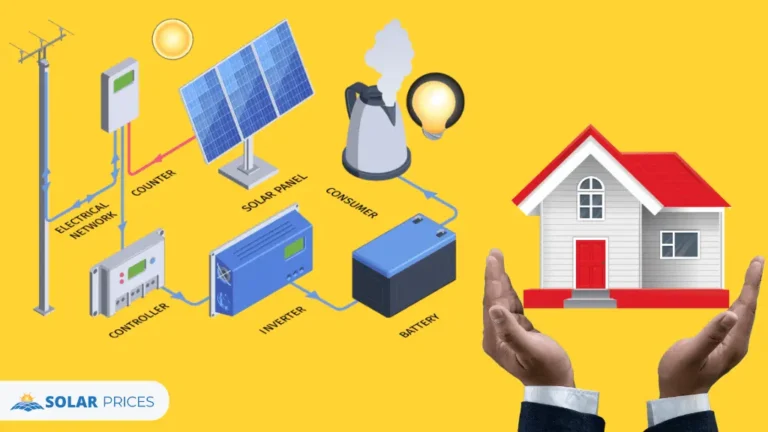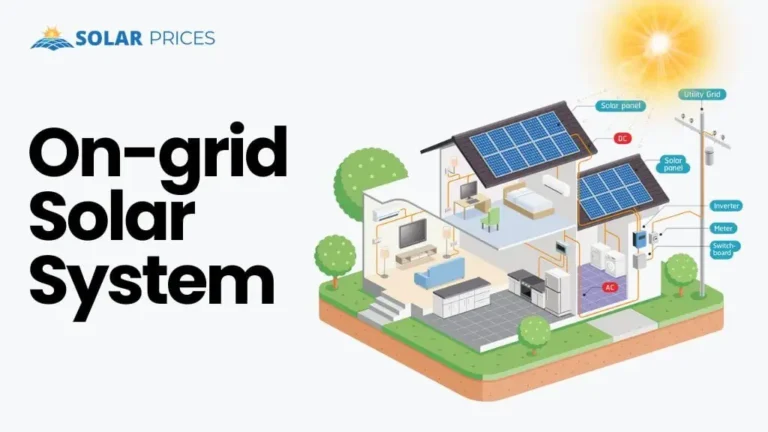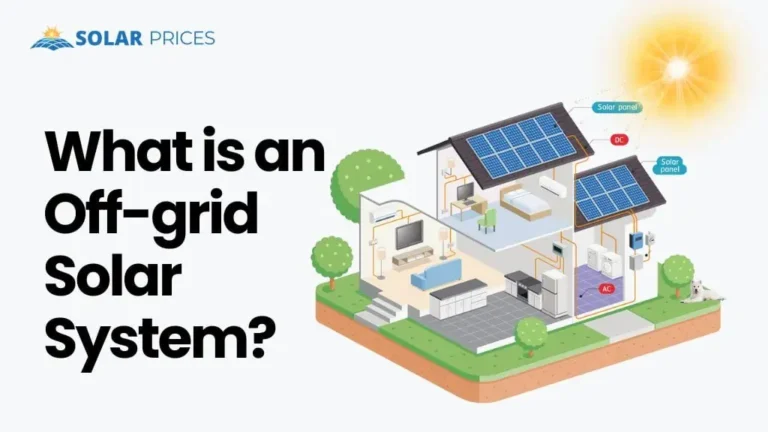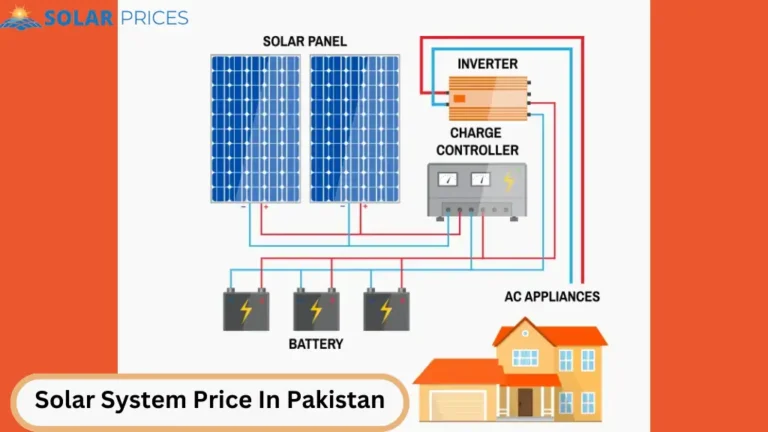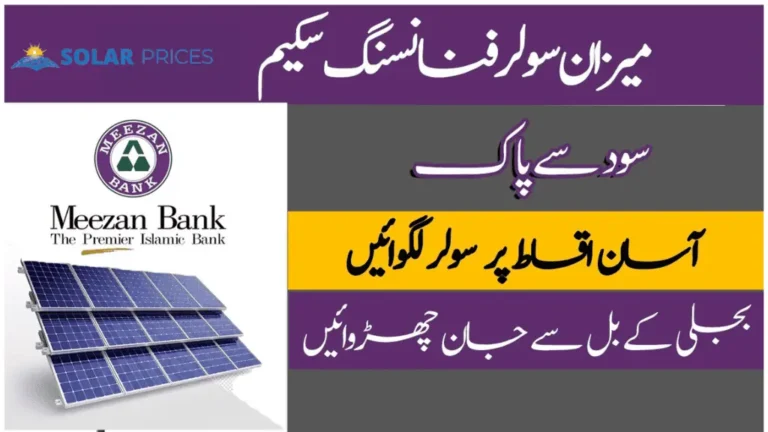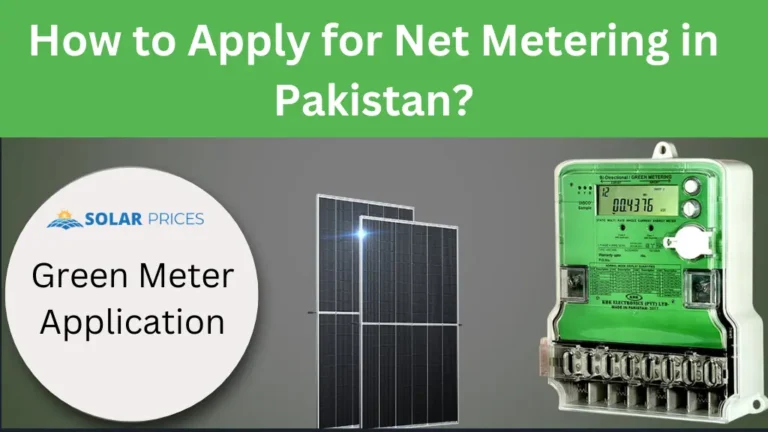Hybrid Solar System, Its Working and Benefits
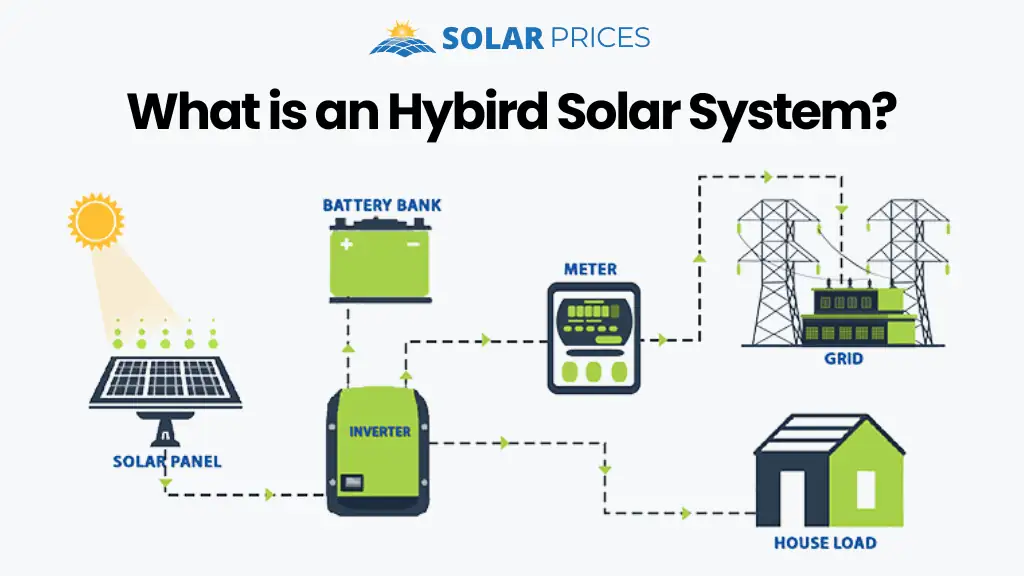
Solar energy is one of the most popular and environmentally friendly sources of power readily available today. It is simple to install, dependable, and affordable. Solar energy is renewable and can help you lessen your dependency on the local power grid.
If you are planning to install a solar system at your home, it’s important to learn about the solar solutions available in the market. There are certain parameters to decide which type of solar system (off-grid, on-grid, or hybrid solar system) meets your energy requirements and budget.
If your regional or local utility company allows net metering, this facility will save even more money (pay off your solar panels investment faster) on your electricity bills.
Simply speaking, a hybrid solar system consists of battery storage coupled with an on-grid (grid-tied) solar system.
The battery backup works to store the power produced by solar panels during the day (during sunlight). This stored energy will be available for later use when there is no sun shining.
Let me explain the hybrid solar systems for homes as well as industries further. Hybrid solar systems have proved to be more efficient, reliable, and a great investment for homeowners.
In this post, you will learn about the hybrid solar system, how this system works, the pros and cons of the hybrid solar system, and more. Let’s get started.
What Is a Hybrid Solar System?
We can consider a hybrid solar system as a combination of both on-grid and off-grid capabilities. This feature allows users to continue running their electrical appliances on solar power even if the utility grid goes down or if there is load-shedding.
The bottom-line hybrid solar system comprises solar panels, a hybrid solar inverter, and a battery bank. The panels produce electricity from sunlight, while the batteries store the solar energy production for later usage.
After the battery reaches its maximum capacity, any surplus energy is directed through a smart meter to the grid’s power lines. This empowers homeowners to reserve a portion of the electricity, serving as a backup during overcast days, nights, or even energy blackouts.
It’s crucial to distinguish hybrid solar systems, storing energy in a battery while staying connected to the grid, from those incorporating both solar and wind energy, sometimes named hybrid systems.
Traditional solar power systems ( means on-grid), connected to the grid, are not fully capable of providing non-stop electricity. When the grid goes down, solar production does not power any appliances at home even during a sunny day.
Contrary to the grid-tied solar system, an off-grid solar system comes with a power fluctuation problem. This system cannot always provide a stable power supply.
Because, if there is a cloudy or unclear day, the solar panels won’t be able to work properly, so, a drop in solar power production is inevitable.
Also, the same happens during the nighttime when there is no sunlight available. What’s the solution then…?
The only solution to all the above-discussed challenges is a hybrid solar system. It uses a battery storage system to provide energy even when your system is disconnected from the grid electricity.
In times when the electrical output of your solar panels decreases due to cloudy weather conditions, a fully charged solar battery can maintain a consistent voltage and power output.
In simple words, hybrid photovoltaic systems can interact with the local electrical grid without fully relying on it.
Components Of Hybrid Solar System
A hybrid solar system consists of the following primary components. Let’s check out:
- Solar Panels
- Hybrid Inverter
- Battery Bank
- Charge Controller
- Grid Connection
- Net Metering System
- DC Disconnect
- AC Distribution Panel
- Monitoring System
The components mentioned above should be high-quality products. Usually, high-quality solar panels are capable of lasting longer than 25 years.
Solar inverters and lithium battery systems typically have an operational life of 10 to 12 years, therefore you will need to replace them at some point throughout the system’s lifetime.
How does a hybrid solar system work?
A hybrid solar system captures sunlight and converts it into electricity through solar photovoltaic (PV) panels. This innovative solar solution (system) seamlessly connects solar power generation, battery storage, and grid power.
This allows you to avoid costly grid power usage during peak hours of the day and saves you money on your electricity bills.
How exactly does a hybrid solar system transition the solar energy to electricity…? It’s very simple. The hybrid solar system collects the solar production generated by rooftop solar panels and stores it in power backups (battery banks) for later use.
During a cloudy day or power outage, the solar system automatically activates the electrical input/ power supply from the grid station to ensure that essential appliances and devices in your home remain powered, including lights, refrigerators, phones, tablets, and more.
The hybrid inverter plays a central role in a hybrid solar power system. It is specially designed for managing both PV panel production and batteries simultaneously.
This inverter performs multiple functions, including converting the electricity output from solar panels from direct current (DC) to alternating current (AC), managing the solar battery charging cycle, and synchronizing with the local power grid voltage for grid-tied operations.
If we summarize the workings of a hybrid solar system, it would be:
- Produces electricity from the sunshine.
- COnverts the electricity generated by solar panels or battery backup from direct current (DC) to alternating current (AC), which is required to power your home appliances.
- Controls your system’s solar battery charging cycle.
- Operates in grid-tied mode by synchronizing with the voltage of the local power grid.
Another advantage of the hybrid system is its ability to utilize battery power even when connected to the grid. For instance, excess energy stored in the battery during the day can completely be utilized at night, reducing reliance and consumption from grid power and lowering electrical costs.
Key Benefits of A Hybrid Solar System
The list of benefits is long but the few major advantages of a hybrid solar system are listed in the following:
- Increased electricity bill savings
- Energy backup power during blackouts
- Qualifying for federal financial incentives policy
- Grid Connectivity and Interaction
- Integration with energy storage
- You can have continuous power.
- Full use of a renewable energy resource
Pros of a Hybrid Solar System
Solar energy has a highly promising future as the whole world is going to adopt solar energy. If you’re thinking about whether a hybrid solar system is ideal for you, consider some of its key benefits.
- Flexibility and Scalability
- Environmental Sustainability
- Reduce the risk of outages
- Net metering possibility
- Cost-effectiveness
Cons of Hybrid Solar System
- Heavy initial investment or upfront cost
- Exchange of batteries due to limited lifespan
- Multiple systematic complexities
- Highly expensive technology
- Regular maintenance
Is a Hybrid Solar System Right for Me?
A hybrid solar system comes with a battery bank or storage for solar energy production along with a connection to the public electricity grid.
If you prioritize energy independence and are ready to budget for battery replacement every ten years or more, a hybrid solar system offers substantial benefits. If your utility company offers net metering, you could potentially save money on electricity bills too.
The key advantage of a hybrid solar system is that if the grid fails due to technical issues or adverse conditions, the hybrid solar system ensures that you have electricity on the premises (home) even when the grid is unavailable.
However, high-quality residential solar panels have a lifespan of longer than 25 years. Solar inverters and lithium battery systems typically have a service life of 10 to 12 years, therefore you will need to replace them at some point throughout the system’s lifespan.
Conclusion
In the end, a hybrid solar system is an excellent choice for households looking to achieve energy security while also lowering their electricity expenses.
A hybrid solar system could satisfy your home’s energy needs under normal conditions and includes a backup battery for usage during power outages.
The concept of getting completely off-grid with solar energy may sound appealing, but a hybrid PV system provides a greater return on investment for homes. You can enjoy energy independence with a net metering facility and other solar incentives, only accessible to the grid-tied solar installations.
However, investing in a hybrid solar system ensures that your property is powered during a power interruption. If you want to build a hybrid solar system, do your research and choose a reliable solar panel installation.
We recommend you obtain free quotations from at least three suppliers before getting settled on the best solar system for your home.
Hybrid Solar System FAQs
Do I need a professional to set up my hybrid solar system?
Although it is technically possible to install a solar system on your own, you should consult with recognized top solar companies for hybrid solar system equipment and installation.
How long does a hybrid solar system last?
The solar panels in hybrid systems have an average lifespan of 25 to 30 years. However, during that time, you could anticipate replacing your battery about twice.

